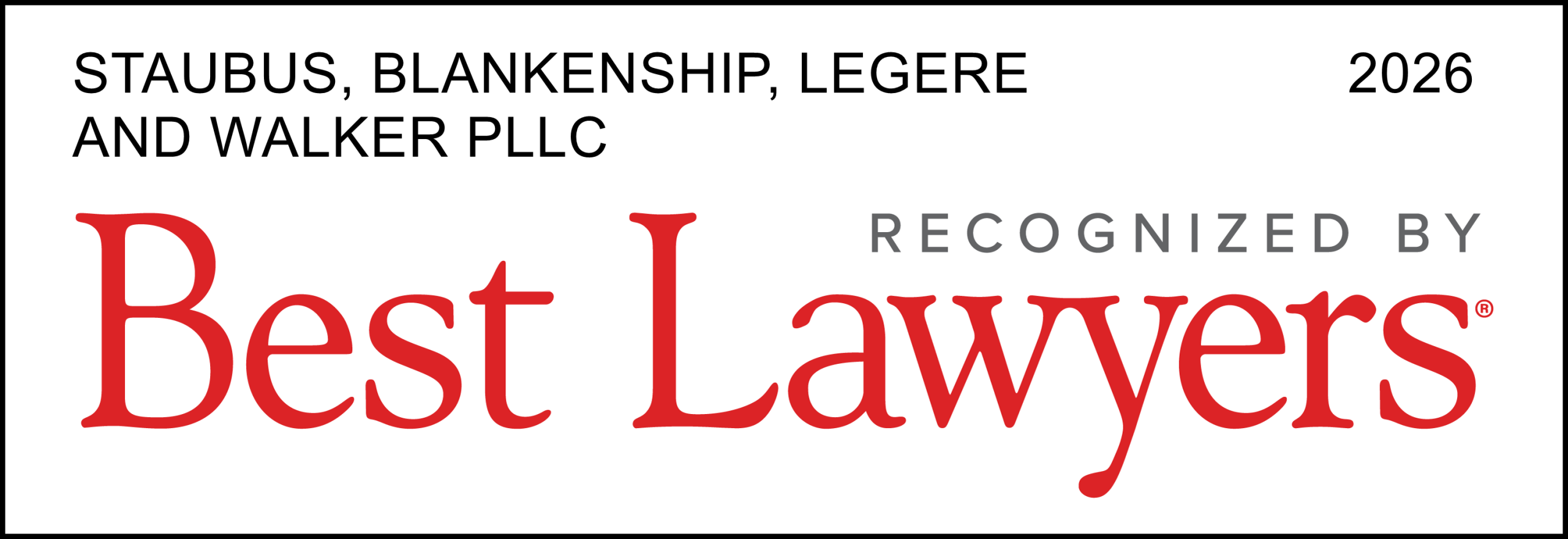Julie has over 32 years of experience in probate, trust and guardianship litigation, with a proven track record of success in all areas, both in and out of court. Her abilities have earned her a rating by Martindale Hubbel, the premier legal rating service, as an “AV” preeminent rated attorney, the highest rating available, achieved by a small percentage of Texas lawyers. She also currently serves on the Dallas Bar Association’s Probate, Trust, and Estates Section council.
Julie has been involved in the trial of numerous complex will contest cases, both in vigorously defending wills, and contesting invalid wills for lack of mental capacity, undue influence, and forgery. Julie has both defended and pursued administrators, executors, guardians, and trustees in fiduciary litigation, including many successful emergency actions filed with the Court to protect the rights of her clients. Julie understands that in any litigated probate, trust, or guardianship case, families, loved ones, and close relationships are involved, making the process all the more complex and difficult. She takes the extra steps to help her clients navigate not only the legal issues, but to weather the emotional aspects of the litigation as well.
Julie has extensive experience in advising executors, administrators, and guardians in the administration of estates and guardianships, helping them to navigate their numerous statutory and fiduciary duties. Julie also frequently defends executors, guardians and trustees from allegations of breach of fiduciary duty, misappropriation, and self-dealing, often preparing or reconstructing accountings for guardianships, estates, and trusts, in order to establish her client’s proper handling of the assets.
Julie is also an experienced estate planner, with experience in the preparation of wills, trusts, powers of attorney, directive to physicians and designations of guardian.
Speaking Engagements
- Tuesday 1/28/25 – Julie Blakenship served as the moderator at the Dallas Bar Association Probate, Trusts & Estates Section on a panel discussion on Probate Practice and War Stories






